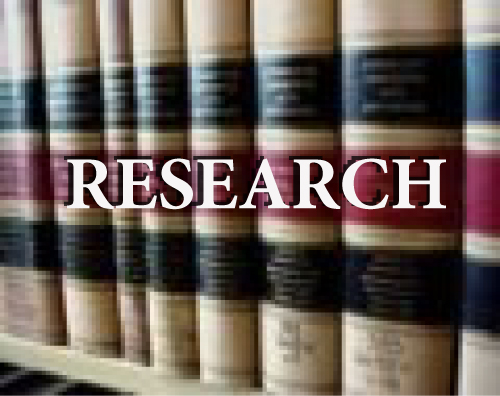 When charged with completing a task, individuals with Attention Deficit Disorder (ADD) and Attention Deficit Hyperactivity Disorder (ADHD) have the odds stacked against them. Difficulty with attention, focus, and concentration turn a classroom or workplace into a place of frustration rather than learning and productivity. Others often encourage them to change their behavioral patterns. Unfortunately, it is not that simple. ADD/ADHD can be attributed to a deeper issue: a chemical imbalance in the brain.
When charged with completing a task, individuals with Attention Deficit Disorder (ADD) and Attention Deficit Hyperactivity Disorder (ADHD) have the odds stacked against them. Difficulty with attention, focus, and concentration turn a classroom or workplace into a place of frustration rather than learning and productivity. Others often encourage them to change their behavioral patterns. Unfortunately, it is not that simple. ADD/ADHD can be attributed to a deeper issue: a chemical imbalance in the brain.
Eleven percent of school children in the United States have been diagnosed with ADD/ADHD and even more go undiagnosed. Some children may “grow out” of these patterns. Still, ADD/ADHD affects 4.4% of adults. These individuals are prone to impulsivity, angry outbursts, poor organizational skills, low self-esteem, and chronic boredom. Symptoms may strain relationships and cause people to fall behind in work-oriented environments, as well as putting them at a six times increased risk of developing other mental disorders.
How CBD Affects ADD/ADHD
High levels of cortisol and low levels of dopamine are at the root of many ADD/ADHD symptoms. Use of CBD can reduce levels of cortisol and increase levels of dopamine in the brain, thereby reducing symptoms of ADD/ADHD.
Attention Disorders and CBD Research
- Subtypes of attention deficit-hyperactivity disorder (ADHD) and cannabis use.
“Results help identify which individuals with ADHD might be more likely to see results self-medicating using cannabis.” | View the Study - The Effects of Cannabidiol (CBD) on Regional Cerebral Blood Flow
“CBD significantly decreased subjective anxiety and increased mental sedation… These results suggest CBD has anxiolytic properties and that theses effects are mediated by action on limbic and paralimbic areas.” | View the Study - Cannabidiol reduces the anxiety induced by simulated public speaking in treatment-naïve social phobia patients
“Pretreatment with CBD significantly reduced anxiety, cognitive impairment, and discomfort in their speech performance, and significantly decreased alert in their anticipatory speech.” | View the Study - PDF – SUCCESSFUL-THERAPY-OF-TREATMENT-RESISTANT-ADULT-ADHD-WITH-CANNABIS
